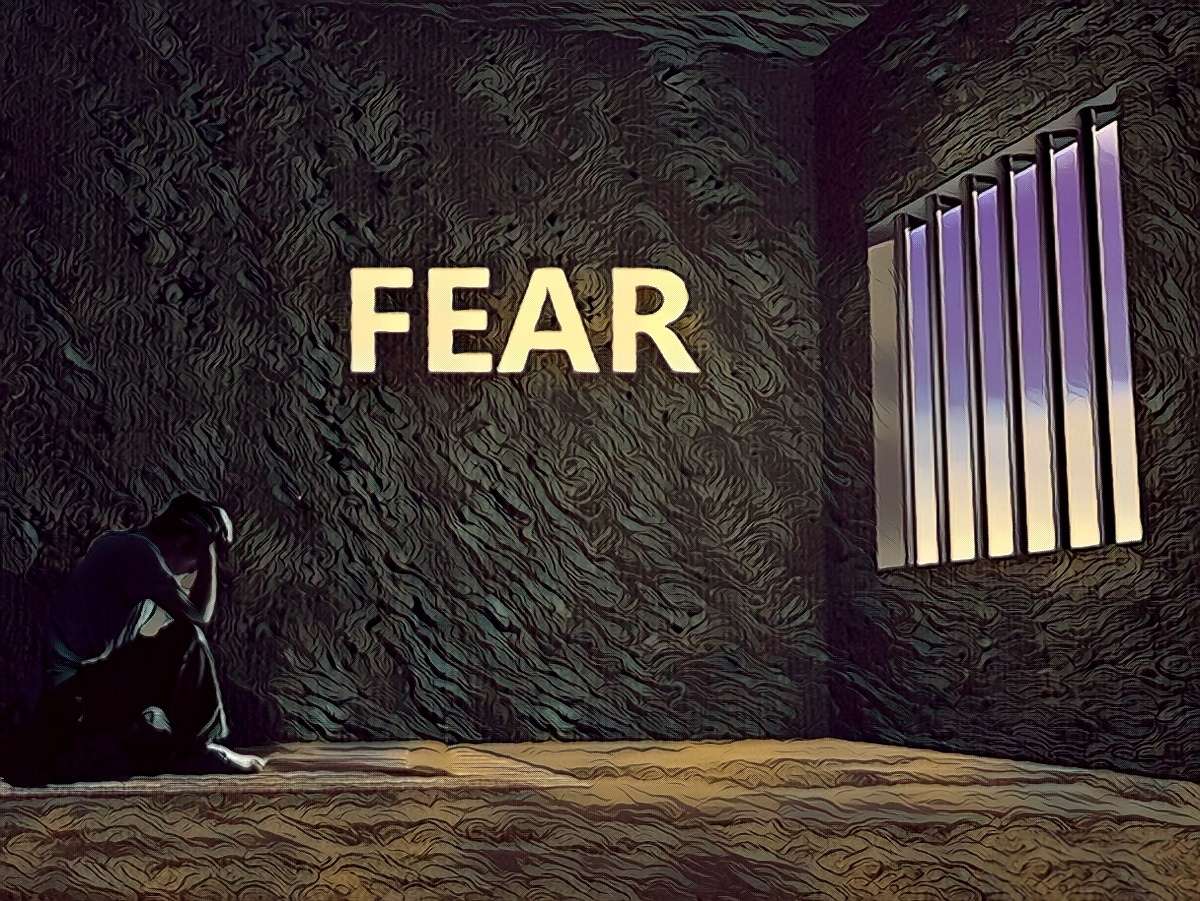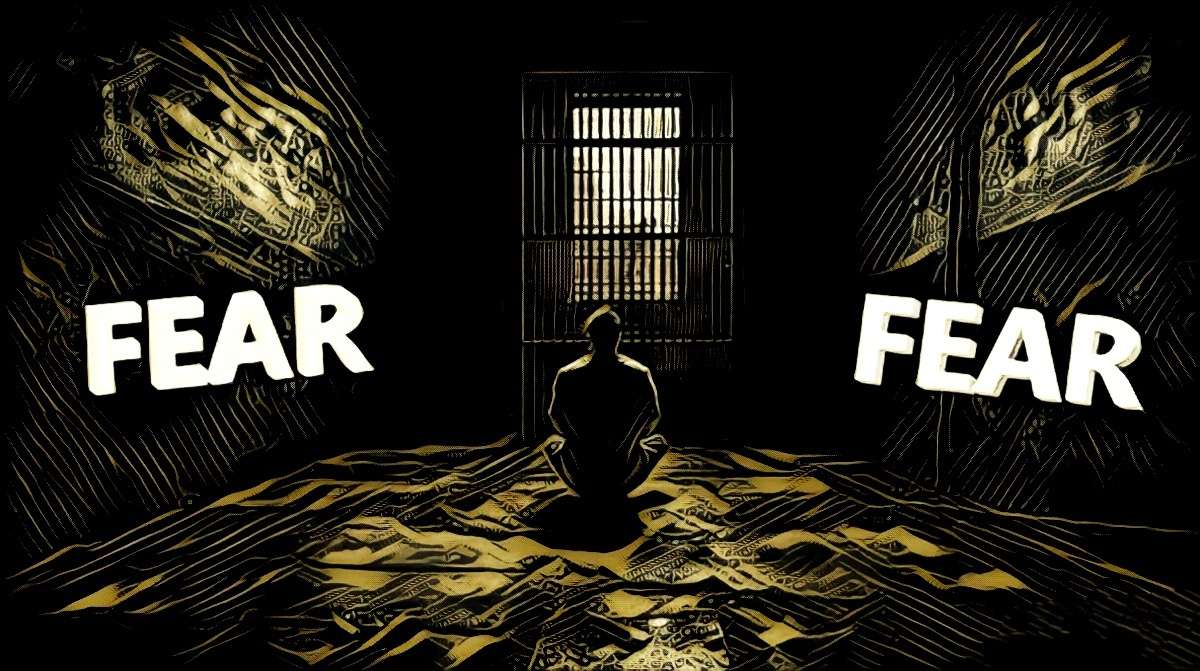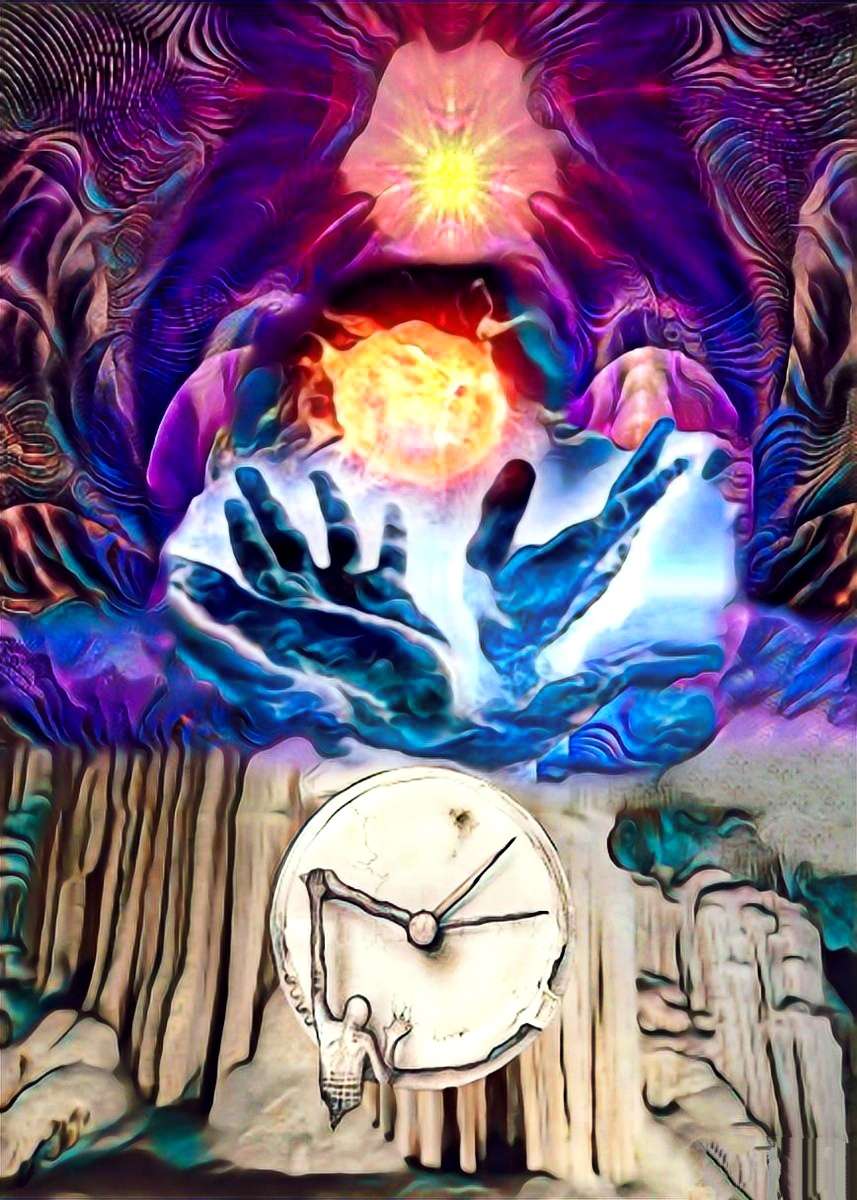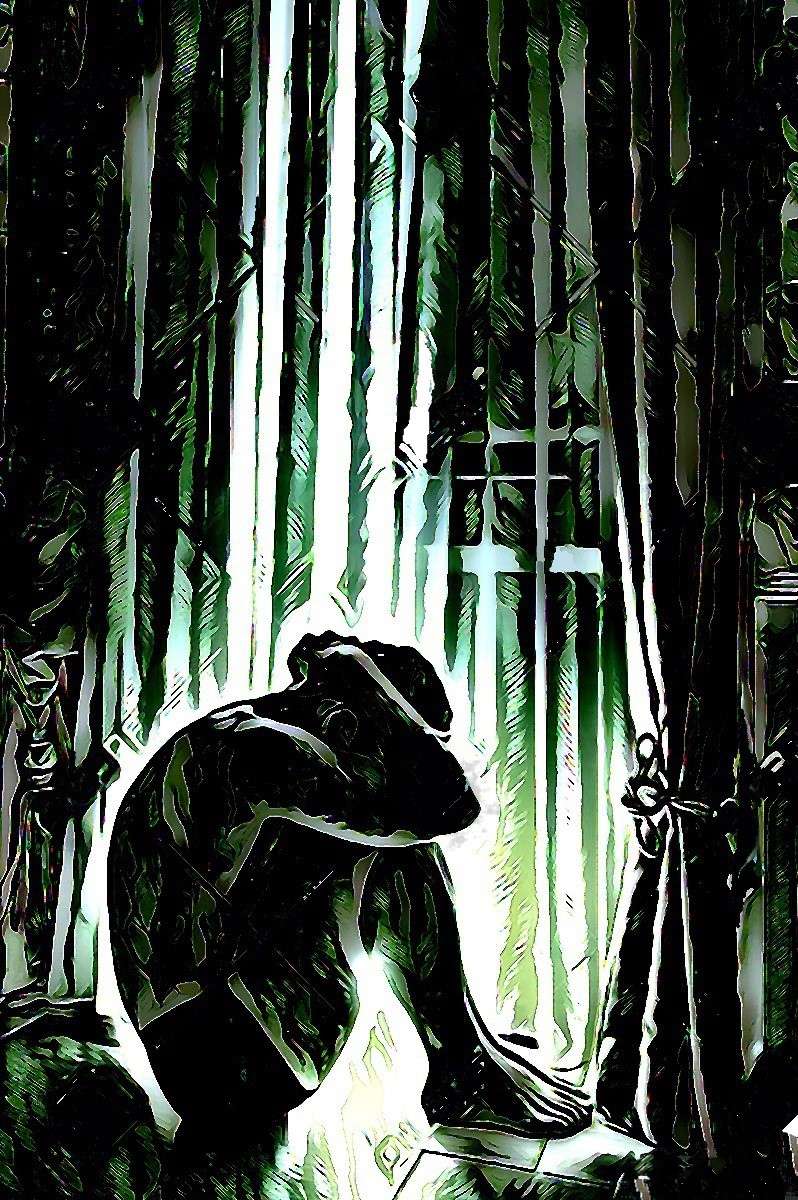
The infinite human soul can never be satisfied but by the Infinite itself …. Infinite desire can only be satisfied by infinite knowledge — nothing short of that. Worlds will come and go. What of that? The soul lives and for ever expands. Worlds must come into the soul. Worlds must disappear in the soul like drops in the ocean. And this world to become the goal of the soul! If we have common sense, we cannot be satisfied, though this has been the theme of the poets in all the ages, always telling us to be satisfied. And nobody has been satisfied yet! Millions of prophets have told us, “Be satisfied with your lot”; poets sing. We have told ourselves to be quiet and satisfied, yet we are not. It is the design of the Eternal that there is nothing in this world to satisfy my soul, nothing in the heavens above, and nothing beneath. Before the desire of my soul, the stars and the worlds, upper and lower, the whole universe, is but a hateful disease, nothing but that. That is the meaning. Everything is an evil unless that is the meaning. Every desire is evil unless that is the meaning, unless you understand its true importance, its goal. All nature is crying through all the atoms for one thing — its perfect freedom.
What is practical religion, then? To get to that state — freedom, the attainment of freedom. And this world, if it helps us on to that goal, [is] all right; if not — if it begins to bind one more layer on the thousands already there, it becomes an evil. Possessions, learning, beauty, everything else — as long as they help us to that goal, they are of practical value. When they have ceased helping us on to that goal of freedom, they are a positive danger. What is practical religion, then? Utilise the things of this world and the next just for one goal — the attainment of freedom. Every enjoyment, every ounce of pleasure is to be bought by the expenditure of the infinite heart and mind combined.
Look at the sum total of good and evil in this world. Has it changed? Ages have passed, and practical religion has worked for ages. The world thought that each time the problem would be solved. It is always the same problem. At best it changes its form. … It trades consumption and nerve disease for twenty thousand shops. . . . It is like old rheumatism: Drive it from one place, it goes to another. A hundred years ago man walked on foot or bought horses. Now he is happy because he rides the railroad; but he is unhappy because he has to work more and earn more. Every machine that saves labour puts more stress upon labour.
This universe, nature, or whatever you call it, must be limited; it can never be unlimited. The Absolute, to become nature, must be limited by time, space, and causation. The energy [at our disposal] is limited. You can spend it in one place, losing it in another. The sum total is always the same. Wherever there is a wave in one place, there is a hollow in another. If one nation becomes rich, others become poor. Good balances evil. The person for the moment on top of the wave thinks all is good; the person at the bottom says the world is [all evil]. But the man who stands aside sees the divine play going on. Some weep and others laugh. The latter will weep in their turn and the others laugh. What can we do ? We know we cannot do anything. …
Which of us do anything because we want to do good? How few! They can be counted on the fingers. The rest of us also do good, but because we are forced to do so. … We cannot stop. Onward we go, knocked about from place to place. What can we do? The world will be the same world, the earth the same. It will be changed from blue to brown and from brown to blue. One language translated into another, one set of evils changed into another set of evils — that is what is going on. … Six of one, half a dozen of the other. The American Indian in the forest cannot attend a lecture on metaphysics as you can, but he can digest his meal. You cut him to pieces, and the next moment he is all right. You and I, if we get scratched, we have to go to the hospital for six months. …
The lower the organism, the greater is its pleasure in the senses. Think of the lowest animals and the power of touch. Everything is touch. … When you come to man, you will see that the lower the civilization of the man, the greater is the power of the senses. … The higher the organism, the lesser is the pleasure of the senses. A dog can eat a meal, but cannot understand the exquisite pleasure of thinking about metaphysics. He is deprived of the wonderful pleasure which you get through the intellect. The pleasures of the senses are great. Greater than those is the pleasure of the intellect. When you attend the fine fifty-course dinner in Paris, that is pleasure indeed. But in the observatory, looking at the stars, seeing . . . worlds coming and developing — think of that! It must be greater, for I know you forget all about eating. That pleasure must be greater than what you get from worldly things. You forget all about wives, children, husbands, and everything; you forget all about the sense-plane. That is intellectual pleasure. It is common sense that it must be greater than sense pleasure. It is always for greater joy that you give up the lesser. This is practical religion — the attainment of freedom, renunciation. Renounce!
Renounce the lower so that you may get the higher. What is the foundation of society? Morality, ethics, laws. Renounce. Renounce all temptation to take your neighbour’s property, to put hands upon your neighbour, all the pleasure of tyrannising over the weak, all the pleasure of cheating others by telling lies. Is not morality the foundation of society? What is marriage but the renunciation of unchastity? The savage does not marry. Man marries because he renounces. So on and on. Renounce! Renounce! Sacrifice! Give up! Not for zero. Not for nothing. But to get the higher. But who can do this? You cannot, until you have got the higher. You may talk. You may struggle. You may try to do many things. But renunciation comes by itself when you have got the higher. Then the lesser falls away by itself.
This is practical religion. What else? Cleaning streets and building hospitals? Their value consists only in this renunciation. And there is no end to renunciation. The difficulty is they try to put a limit to it — thus far and no farther. But there is no limit to this renunciation.
Where God is, there is no other. Where the world is, there is no God. These two will never unite. [Like] light and darkness. That is what I have understood from Christianity and the life of the Teacher. Is not that Buddhism? Is not that Hinduism? Is not that Mohammedanism? Is not that the teaching of all the great sages and teachers? What is the world that is to be given up? It is here. I am carrying it all with me. My own body. It is all for this body that I put my hand voluntarily upon my fellow man, just to keep it nice and give it a little pleasure; [all for this body] that I injure others and make mistakes. …
Great men have died. Weak men have died. Gods have died. Death — death everywhere. This world is a graveyard of the infinite past, yet we cling to this [body]: “I am never going to die”. Knowing for sure [that the body must die] and yet clinging to it. There is meaning in that too [because in a sense we do not die]. The mistake is that we cling to the body when it is the spirit that is really immortal.






